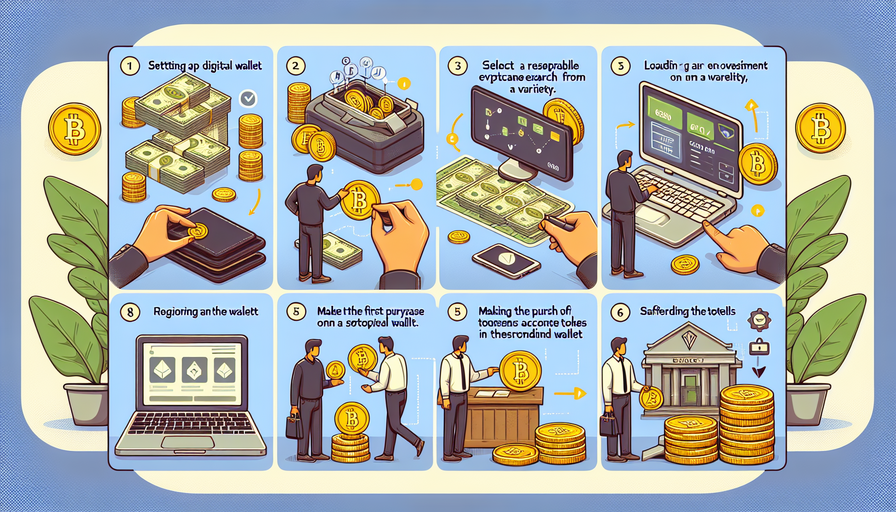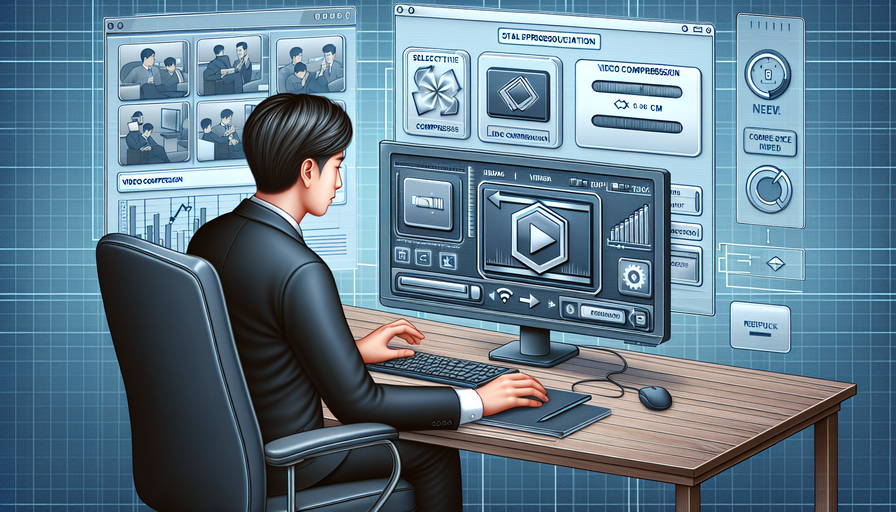The pronunciation of the acronym “GIF” has been a source of debate and controversy among internet users for years. Is it pronounced with a hard “g,” like “gift,” or with a soft “g,” like “jiff”? The creator of the Graphics Interchange Format, Steve Wilhite, famously stated that the correct pronunciation is with a soft “g” sound, as in “jiff.” However, this declaration did little to settle the ongoing dispute.
Debunking the Hard “G” Argument
One common argument in favor of pronouncing GIF with a hard “g” is that the word it stands for, Graphics Interchange Format, contains a hard “g” sound. Therefore, some people believe that it only makes sense to pronounce GIF the same way. However, this line of reasoning overlooks the fact that acronyms often have pronunciations that differ from their full forms.
The Case for the Soft “G” Pronunciation
Despite the arguments put forth by proponents of the hard “g” pronunciation, there are strong reasons to support pronouncing GIF with a soft “g.” First and foremost is the statement from its creator, Steve Wilhite. As the one who developed the format and coined its name, Wilhite’s authority on the matter cannot be discounted.
Moreover, words in English that start with “gi-” typically have a soft pronunciation. Think about words like giant, giraffe, or gin. These all use a soft “g” sound. Following this pattern would suggest that pronouncing GIF as “jiff” is consistent with English phonetics.
Navigating Linguistic Diversity
Language is dynamic and ever-evolving, and different regions or communities may develop unique pronunciations for certain words or phrases. This diversity can be seen in variations such as regional accents or dialectical differences.
In light of this linguistic richness, it’s essential to approach debates over pronunciation with an open mind. While one person may insist on saying GIF with a hard “g,” another may prefer using a soft pronunciation based on different factors or influences.
Tips for Navigating Pronunciation Differences
When engaging in conversations where pronunciations are debated—whether it’s about GIF or any other word—it’s important to keep these tips in mind:
1. Respect Differing Opinions: Understand that language is flexible and can vary based on individual preferences.
2. Acknowledge Authoritative Sources: Consider statements from creators or experts when determining proper pronunciations.
3. Stay Open-Minded: Be willing to listen to different perspectives and understand where others are coming from.
4. Focus on Clarity: Ultimately, effective communication is key regardless of how you choose to pronounce certain words.
In conclusion, while debates over how to pronounce GIF may continue unabated online, understanding both sides of the argument can help foster more informed discussions about language and communication overall. Whether you say it with a hard or soft “g,” what matters most is being understood in your interactions both online and offline.


